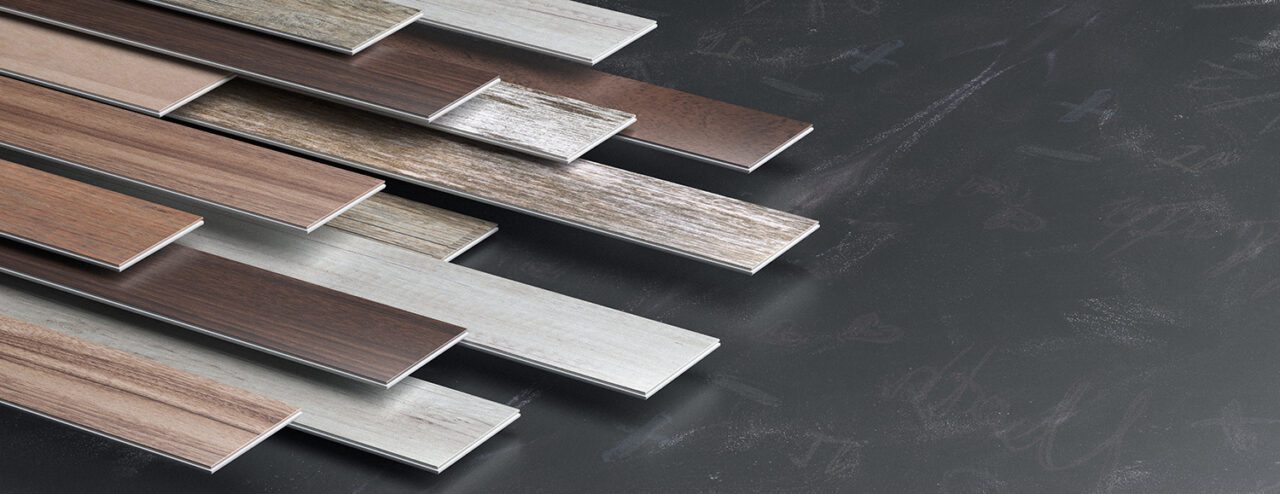Hardwood floors remain one of the most popular flooring choices for homeowners in Rhode Island. They’re elegant, durable, and timeless. But when it comes time to install or replace wood flooring, many people face an important decision: engineered hardwood or solid hardwood?
At first glance, they may look the same. Both offer natural wood beauty, both come in a range of finishes, and both can transform a room. But the construction, performance, and long-term maintenance differ — and those differences can make one a better fit for your Rhode Island home than the other.
If you’re weighing the options, here’s a breakdown to help you choose.
What Is Solid Hardwood?
Solid hardwood is the traditional flooring option many homeowners picture. Each plank is made from a single piece of natural wood, typically ¾ inch thick. This gives it undeniable authenticity and the ability to be sanded and refinished multiple times.
Benefits of solid hardwood floors:
- Long lifespan — can last generations with proper care
- Can be refinished many times to restore beauty
- Adds classic, timeless appeal and resale value
Drawbacks to consider:
- Sensitive to moisture and humidity, making it less ideal for basements or coastal Rhode Island homes
- Expansion and contraction with seasonal changes can cause gaps or warping
- Installation usually requires nails or staples, limiting flexibility
What Is Engineered Hardwood?
Engineered hardwood is made of multiple layers. The top is a thin veneer of real wood, while the core is built from high-density plywood or fiberboard. This layered construction makes it more stable and resistant to environmental changes than solid hardwood.
Benefits of engineered hardwood flooring in RI:
- Better resistance to Rhode Island’s humidity, snow melt, and coastal weather
- Can be installed over concrete or radiant heating systems
- Comes in a wide range of finishes, widths, and wood species
- Easier and sometimes less costly to install
Drawbacks to consider:
- Limited refinishing potential — depending on the thickness of the veneer
- May not last as long as traditional solid hardwood in some cases
Performance in Rhode Island Homes
Rhode Island’s weather plays a big role in how wood floors perform. Cold winters bring dry air, while summers can be humid, especially along the coastline.
- Solid hardwood tends to expand and contract with these swings, which may cause gaps in winter or swelling in summer.
- Engineered hardwood is designed to handle these shifts better, making it a smart choice for basements, first floors, or waterfront homes.
For homeowners in places like Cranston or Providence, where historic homes are common, solid hardwood might be appealing to preserve the original character. For modern builds or coastal properties in Narragansett or Newport, engineered hardwood often makes more sense.
Design Variety and Style
Both options offer a wide range of species, stains, and finishes — from rich oak to sleek maple, or even trendy gray washes. However, engineered hardwood often has more pre-finished styles available, while solid hardwood gives you the flexibility of custom staining after installation.
If you want a specific look and prefer your contractor to finish the floors on-site, solid hardwood may be the way to go. If you’d like less disruption and a factory-finished style, engineered wood might fit better.
Maintenance and Longevity
Solid hardwood: With proper care, these floors can last 80–100 years. They can be sanded and refinished multiple times, making them a long-term investment.
Engineered hardwood: Depending on the veneer thickness, they may be refinished once or twice, but not as often as solid planks. Still, engineered flooring can last 20–30 years or more with proper care.
For many Rhode Island families, the trade-off comes down to how long they plan to stay in their home and how much ongoing maintenance they’re willing to commit to.
Cost Considerations
Costs vary depending on wood species, installation type, and finish. Generally:
- Solid hardwood is more expensive upfront but can last longer.
- Engineered hardwood may be more affordable and easier to install, offering a strong balance of value and durability.
When comparing, don’t just look at installation price. Factor in long-term refinishing, potential repairs, and resale value.
Which One Is Right for You?
The best choice depends on your home, lifestyle, and budget.
Choose solid hardwood if:
- You value traditional authenticity
- You plan to stay in your home for decades
- You don’t mind periodic refinishing and maintenance
Choose engineered hardwood if:
- Your home is prone to humidity or moisture
- You need flexible installation options
- You want a cost-effective solution with lasting beauty
Local Expertise Matters
Every home is different — and local climate plays a huge role in choosing between engineered and solid hardwood. That’s why working with Rhode Island experts like D&M Hardwood Flooring makes all the difference.
We’ve helped homeowners across Providence, Cranston, and Warwick find the right flooring, whether that’s durable engineered planks or timeless solid hardwood. You can see examples in our work and explore more advice on our blog.
Ready to Decide?
Choosing between engineered and solid hardwood doesn’t have to be overwhelming. With the right guidance, you can select a flooring solution that fits your lifestyle, your home’s needs, and your budget.
When you’re ready, contact D&M Hardwood Flooring to schedule a consultation. We’ll walk you through your options, answer your questions, and help you create a floor you’ll love for years to come.

